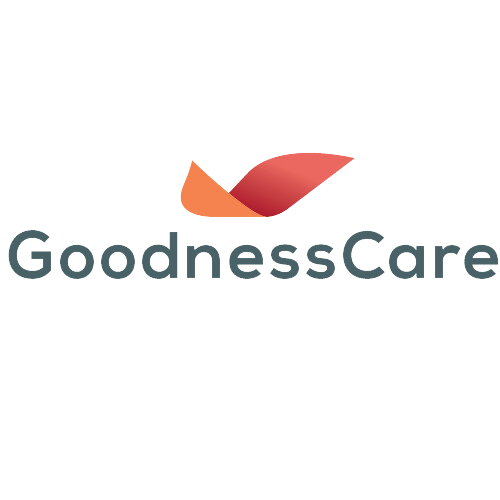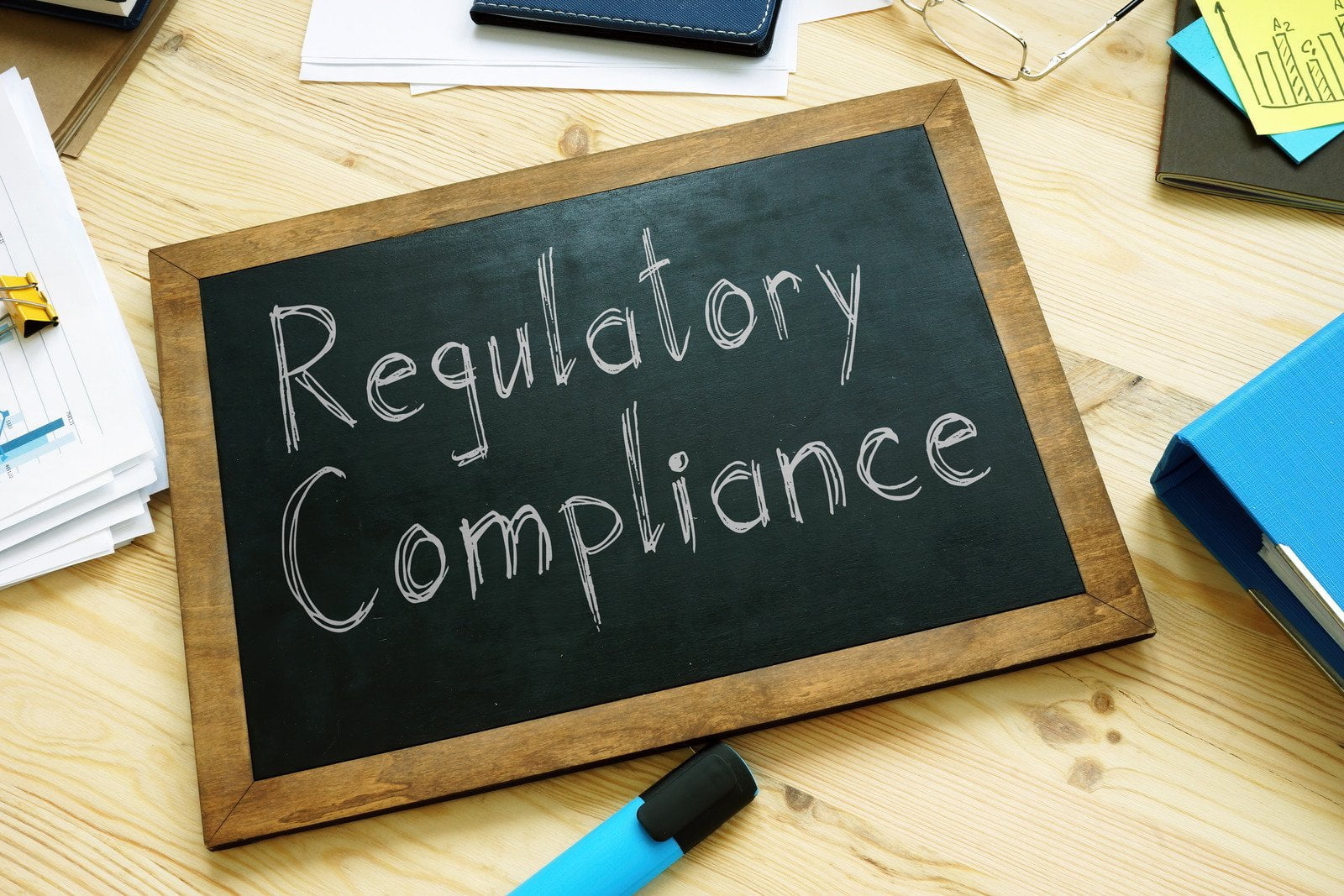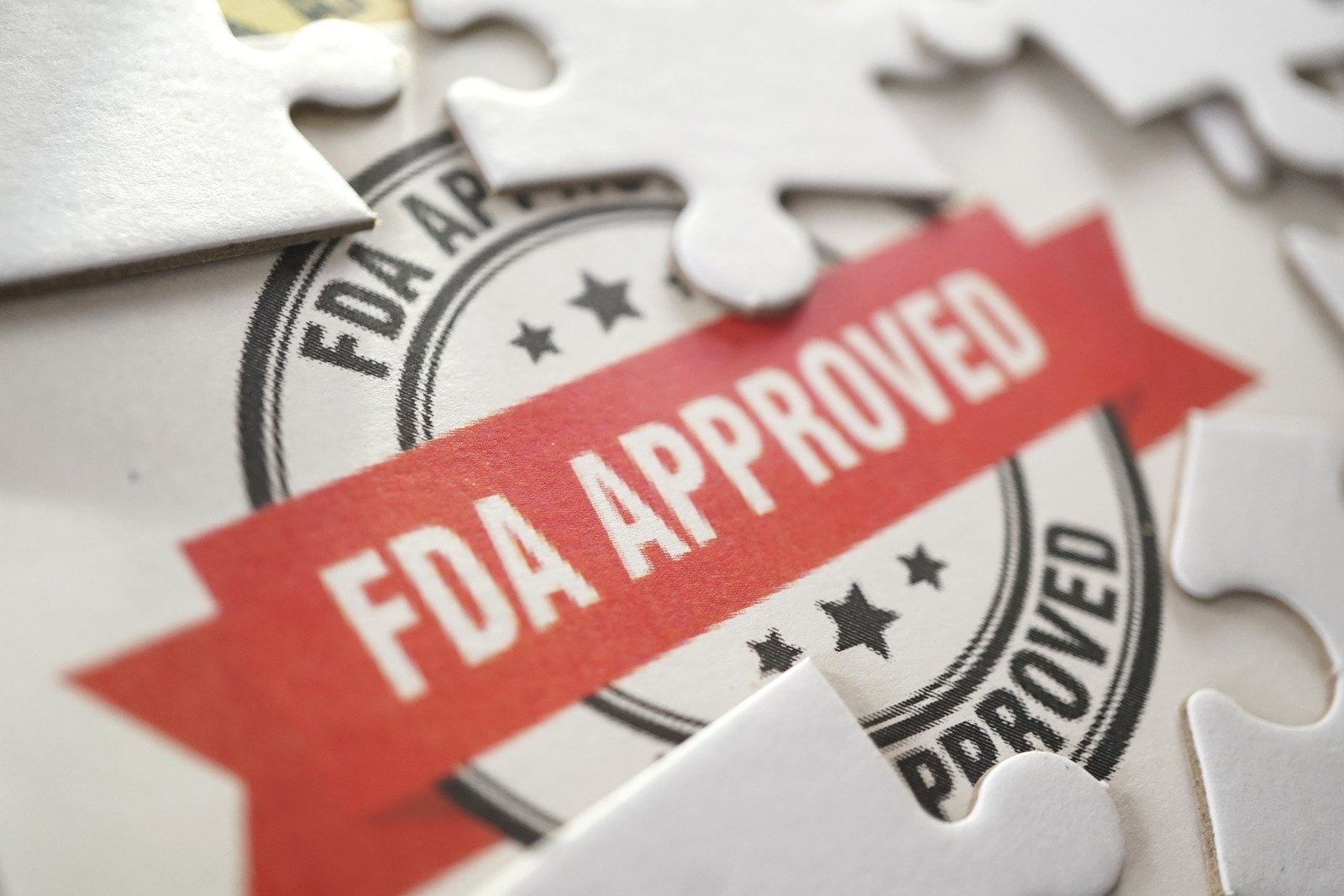Navigating regulatory compliance is critical for individuals operating within the pharmaceutical industry, especially for distributors and agents. Understanding and adhering to the stringent regulatory framework ensures pharmaceutical products’ safety, efficacy, and integrity. Here’s a detailed elaboration on the key components to consider when navigating regulatory compliance within the pharmaceutical sector:
1. Regulatory Requirements
Familiarize yourself with the regulatory requirements governing pharmaceutical distribution within your target market. Study the regulatory guidelines set forth by national regulatory authorities, international organizations, and industry-specific standards bodies. Understand the legal obligations, documentation requirements, and reporting protocols governing pharmaceutical product import, export, and distribution. Stay updated on regulatory changes, amendments, and policy updates that may impact licensing procedures, product labeling, and post-market surveillance activities within the pharmaceutical distribution landscape.
2. Licensing Procedures
Comprehend the licensing procedures and regulatory approvals necessary for establishing and operating a pharmaceutical distribution business within your target market. Identify the licensing requirements for pharmaceutical wholesalers, distributors, and agents, including the documentation, application processes, and compliance assessments mandated by regulatory authorities. Engage with regulatory consultants, legal advisors, and industry associations to navigate the licensing procedures efficiently, ensuring timely approvals and adherence to the established regulatory standards and licensing requirements for pharmaceutical distribution activities.
3. Quality Assurance Protocols
Embrace robust quality assurance protocols to uphold the highest product quality, safety, and efficacy standards throughout the pharmaceutical distribution. Implement Good Distribution Practices (GDP) and quality management systems that govern pharmaceutical products’ handling, storage, and transportation to prevent contamination, ensure product integrity, and maintain the efficacy of temperature-sensitive medications. Conduct regular quality audits, product inspections, and risk assessments to identify potential compliance gaps and implement corrective actions that align with industry best practices and regulatory compliance standards.
4. Product Registration Guidelines
Understand the product registration guidelines and dossier requirements for introducing pharmaceutical products into your target market. Navigate the intricate process of product registration, including submitting comprehensive product dossiers, technical documentation, and clinical trial data demonstrating product safety, efficacy, and quality under regulatory guidelines. Collaborate with regulatory affairs experts, product registration consultants, and pharmacovigilance specialists to compile accurate and complete product registration submissions that facilitate expedited market entry and regulatory approval for pharmaceutical products while ensuring compliance with the established regulatory requirements and industry-specific guidelines.
5. Collaboration with Legal Advisors and Industry Experts
Foster collaborative partnerships with legal advisors, regulatory consultants, and industry experts to navigate the complex regulatory landscape and ensure a transparent and ethically sound distribution process. Seek legal counsel to interpret regulatory statutes, assess compliance risks, and develop compliance strategies that align with legal requirements and industry best practices. Collaborate with industry associations, regulatory forums, and trade organizations to access regulatory guidance, industry updates, and best-in-class compliance resources that facilitate informed decision-making and promote regulatory excellence within the pharmaceutical distribution and marketing ecosystem.
By navigating regulatory compliance with diligence and expertise, pharmaceutical distributors and agents can uphold the highest standards of product quality, safety, and regulatory compliance, fostering consumer trust, regulatory credibility, and sustainable business growth within the dynamic and evolving landscape of the pharmaceutical industry. Embracing a proactive approach to regulatory compliance cultivates a culture of transparency, accountability, and ethical business practices that advance global healthcare accessibility and patient well-being.





